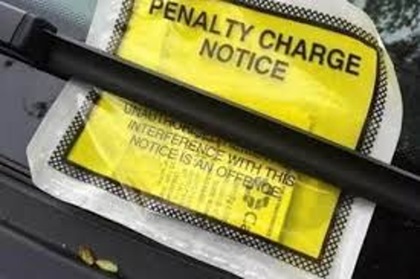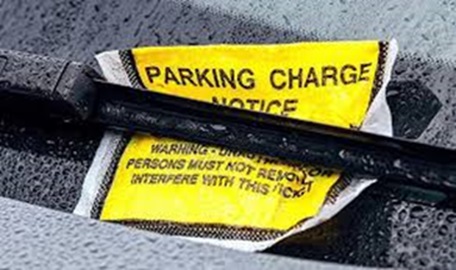Enforcement Of Private Parking Tickets On Private Land
Private companies may issue a Parking Charge Notice (PCN) for parking in supermarkets or private car parks, but it is crucial to understand that these are not official fines. Unlike local authority-issued Regulation 10 Penalty Charge Notices, these Parking Charge Notices lack the same legal authority.
When you enter a private car park, Automatic Number Plate Recognition (ANPR) technology may capture your vehicle registration. You are typically required to enter your registration number into a machine to purchase a ticket.
If you fail to buy a ticket, mistakenly enter the wrong registration, or overstay the allotted time, the registered keeper of the vehicle will receive a Parking Charge Notice in the post. The parking company obtains the registered keeper’s details from the DVLA to send this notice.
Official Penalty Charge Notice

Private Parking Ticket

Paragraphs 4-12 of Schedule 4 of the Protection of Freedoms Act 2012 outlines the legal framework governing the recovery of parking charges on private land and mandates that the parking company must inform the registered keeper, who is then responsible for notifying the driver.
Similar to a local authority PCN, a private parking company can only enforce the payment of the charge if the Keeper provides the driver's details. If the driver fails to pay, the registered keeper may receive a series of increasingly aggressive letters, which might culminate in legal action, resulting in the receipt of a Defendant's Response Pack.
You have the right to defend against a private parking ticket by informing the parking company that you have complied with the Protection of Freedoms Act by telling the driver.
You can also demand that the parking company provide evidence of the contract, including any exchange of money that grants them the authority to pursue parking charges on behalf of the landowner. Additionally, you may formally challenge the alleged infringement.
Template: Challenge a private parking ticket effectively and make it financially impractical for the parking company to pursue further action.
It’s worth noting that parking companies are always liable for their solicitor’s fees, regardless of the outcome of the claim, for any claims under £10,000, which often renders pursuing a defended claim commercially unviable for them.


